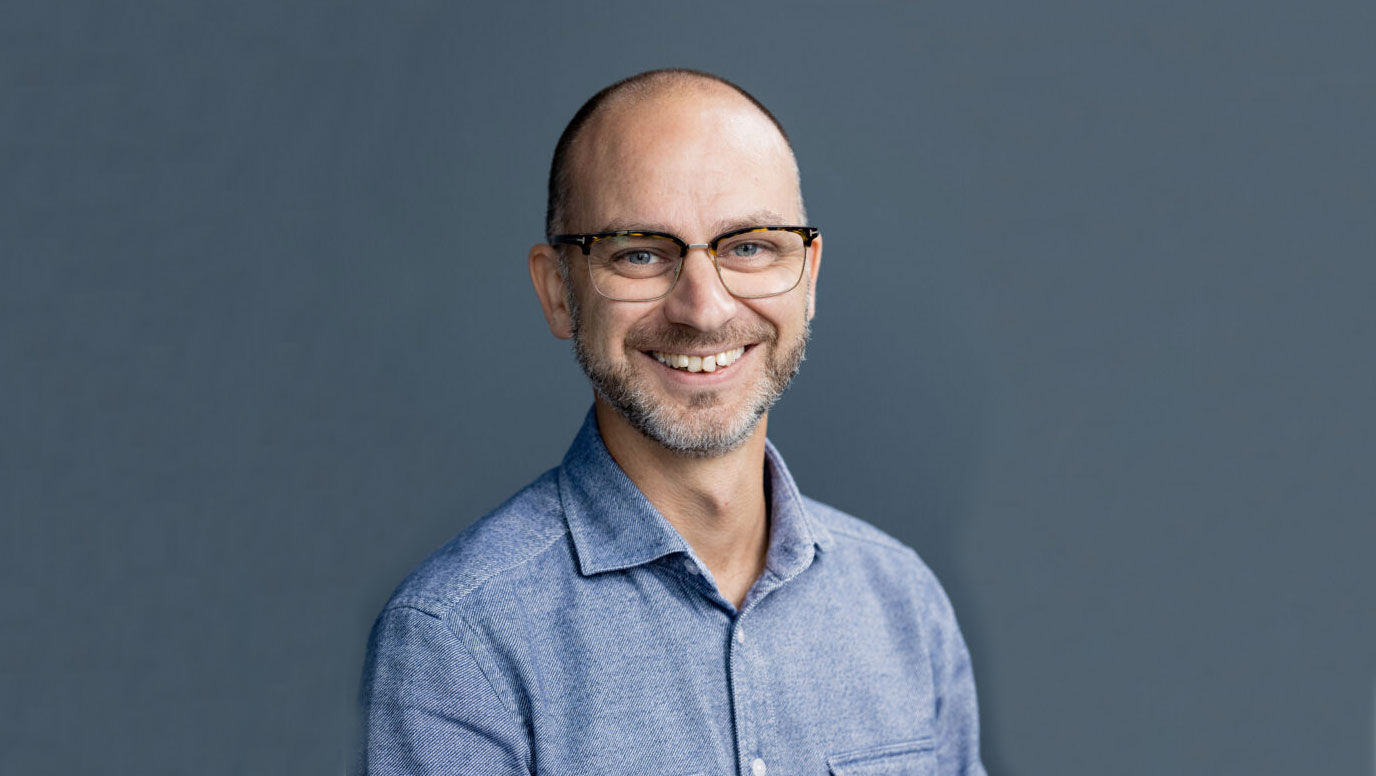Riverlane takes more quantum leaps both sides of the Atlantic

The company was recognised as an outstanding performer in last September’s Business Weekly Awards and continues to show why it was rated so highly.
Riverlane has just been granted two United States Patents for its “power-aware transmission of quantum control signals” and “quantum computing apparatus and associated methods.”
Both patents tackle one of commercial quantum computing’s biggest challenges – engineering energy-efficient machines.
The first covers a method of selecting power-optimal compression schemes for transmitting control signals. It provides the high bandwidth rates required as quantum computers scale while minimising the power demands imposed by such extreme refrigeration requirements.
The second covers a quantum control system that uses a double-buffer memory to store quantum operations for controlling qubits. The solution allows for part of the memory to be active while the other is idle and can be updated with the next instruction.
Riverlane has more than 50 active patents and applications fundamental to quantum error correction, including its proprietary collision clustering decoder and breakthrough parallel decoding algorithm; cutting-edge quantum control system architectures, including novel pulse generation and compression algorithms; and compilation schemes and quantum chemistry algorithms that will demonstrate quantum advantage on fault-tolerant quantum computers.
Riverlane has also filed an additional five patent applications across its control and decoder systems used in its Quantum Error Correction Stack, Deltaflow.
In another coup Riverlane and partners Rolls-Royce and Xanadu have secured more than £400k grant funding from Innovate UK to accelerate the development of applications that will allow quantum computers to model the flow of air through jet engines.
An additional CAD $500,000 has been awarded from the National Research Council of Canada Industrial Research Assistance Program (NRC IRAP) as part of a growing relationship between the UK and Canada on quantum computing technology and expertise.
The project, called CATALYST, will deliver a hybrid quantum-classical framework combination, where computers of the type we use now are programmed to instruct quantum computers.
This will give Rolls-Royce the means to rapidly evaluate and implement new quantum algorithms, accelerating the time to do this from several hours to just a few minutes. Riverlane says the solution will bring huge efficiencies to future product design processes and also contributes to the first of the UK Government’s recently announced National Quantum Strategy Missions.
Riverlane and quantum computing company, Xanadu – based in Ontario – are already existing partners with Rolls-Royce on other projects and share the long-held vision that only error-corrected quantum computers will deliver a broad and lasting quantum advantage.
Leigh Lapworth, Rolls-Royce Fellow in Computational Science, said: "This is the first quantum computing research and development collaboration to be led by a large industry partner, instead of smaller start-ups. Developing industrially robust software is a multi-year activity, even without the new thinking needed by quantum computers.
"Our shared vision and approach will make us one of the first companies to benefit from fault tolerant computers. The techniques we develop in this project will be those that enable us to benefit from the UK’s quantum pathway of a million error-corrected quantum operations in 2028; a billion in 2032; and a trillion in 2035.”
Riverlane founder and CEO, Steve Brierley, added: "The CATALYST project brings together leading quantum computing companies and industry experts from the UK and Canada to help improve the quality of the quantum algorithms.
“By developing better quantum algorithms, we can reduce the number of quantum operations required to unlock world-changing applications, sooner. Such work across the quantum computing stack is vital to help us unlock millions and then trillions of reliable quantum operations, aligning with the UK Government’s targets to reach the so-called MegaQuOp threshold by 2028 and TeraQuOp threshold by 2035.”
Rolls-Royce’s largest research models solve equations with several billion variables and its ambition is to reach a trillion and beyond. It will be a decade or more before quantum computers achieve these scales, but experience shows that the path from here to there requires many problems to be solved, each one depending on the solution of its predecessor.


